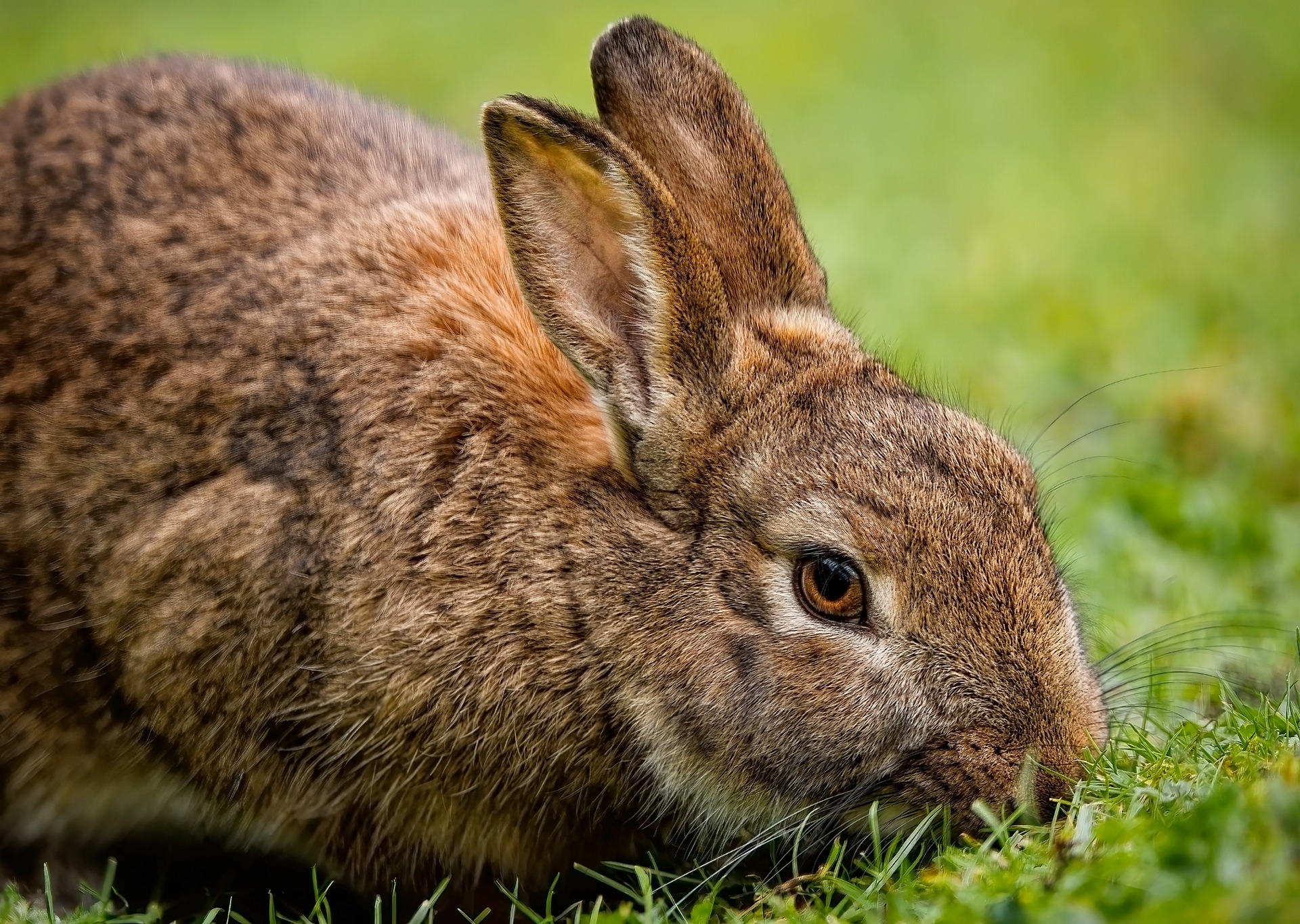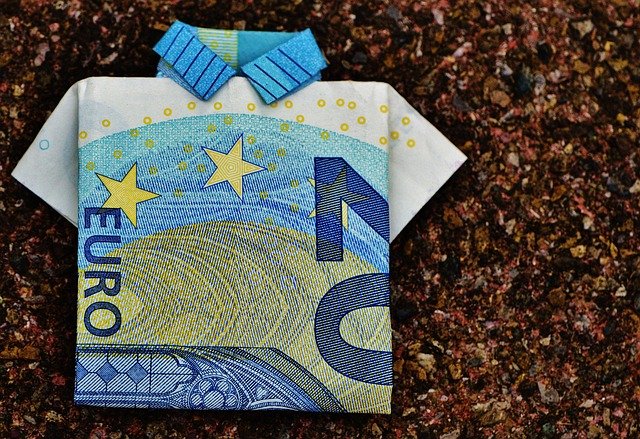The Intriguing World of Animal Intelligence: Unraveling the Cognitive Abilities of Our Feathered and Furry Friends
Animal intelligence—an intense, ongoing field of study that continues to astound and intrigue science and animal enthusiasts alike. What was once considered exclusive to humans—problem-solving, communication, learning, and memory—has now been discovered in various degrees among our feathered and furry friends. This exploration of cognitive abilities in animals uncovers the potential for profound interpersonal relationships with them and a greater understanding of our shared world.
A Historical Overview of Animal Intelligence Studies
The study of animal intelligence dates back to the early 20th century when American psychologist Edward Thorndike started examining the problem-solving skills of cats. His “puzzle box” experiments, where cats had to devise a way to escape from a locked box, marked the birth of animal intelligence research. Over the next century, this field saw numerous ground-breaking experiments and observations, from Jane Goodall’s chimpanzees using tools in the 1960s to Alex, the African Grey Parrot, who demonstrated a remarkable understanding of language and numeracy in the 1970s.
The Current Scenario: Unprecedented Discoveries and Developments
Fast-forward to the 21st century, and animal intelligence research has advanced leaps and bounds. Today, we have compelling evidence of ravens planning for the future, octopuses exhibiting problem-solving abilities, dolphins using complex vocalizations, and even bees understanding the concept of zero. These discoveries are not only revolutionizing our understanding of animal cognition but also prompting us to rethink our role and responsibilities toward them.
Exploring the Market: Educational Toys and Games for Pets
The burgeoning interest in animal intelligence has given rise to a new market—educational toys and games for pets. These products aim to stimulate the cognitive abilities of our pets, improving their mental health, and strengthening their bond with their owners. Ranging from $10 to $100, these products are gaining popularity among pet owners who are keen on providing more than just physical exercise to their furry companions.
Why This Matters: The Impact on Conservation and Animal Welfare
Understanding animal intelligence has profound implications on conservation and animal welfare. Recognizing that animals possess cognitive abilities can help us devise more effective conservation strategies that consider their behavioral patterns and social structures. Moreover, it can lead to improved legislation and practices in animal welfare, ensuring that animals are treated with the respect and care they deserve.
A Brave New World of Understanding and Respect
As we continue to delve into the intriguing world of animal intelligence, we are not only discovering our shared cognitive abilities but also growing in our respect for these creatures. This knowledge should prompt us to treat them with the kindness they deserve and strive for a world where every animal can thrive in its natural habitat, free from harm and exploitation.
In a world where the line between human and animal intelligence is becoming increasingly blurred, it’s time we appreciate and celebrate the cognitive abilities of our feathered and furry friends. After all, understanding leads to empathy, and empathy can lead to a better world—for all of us.





